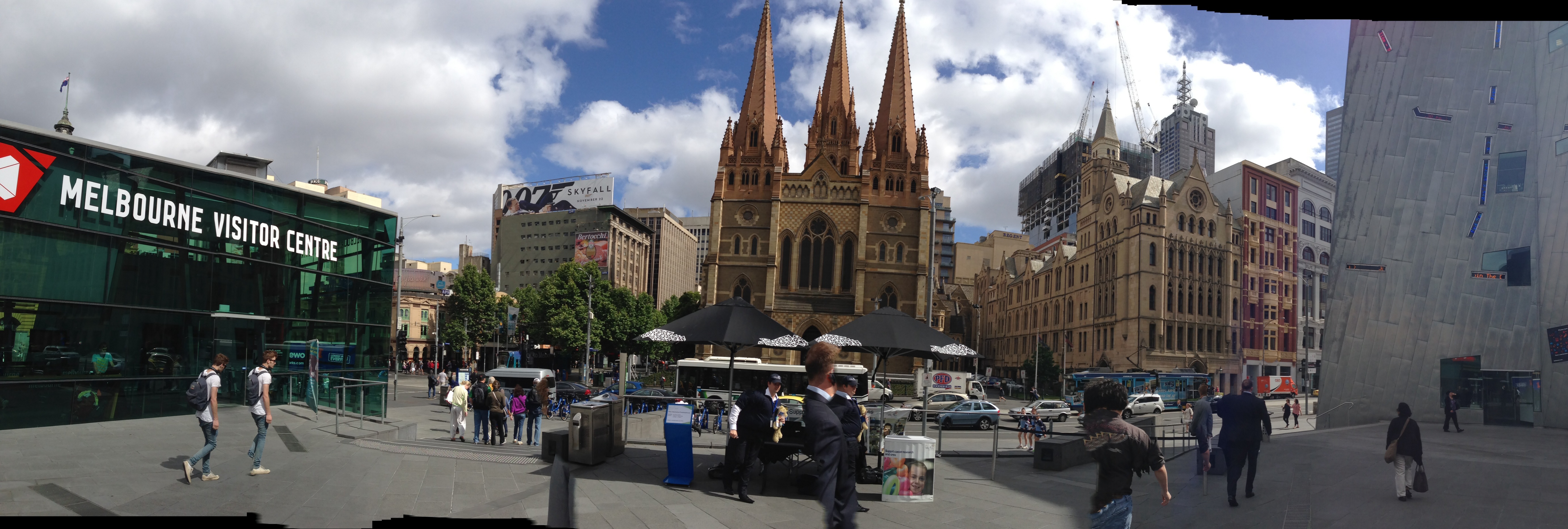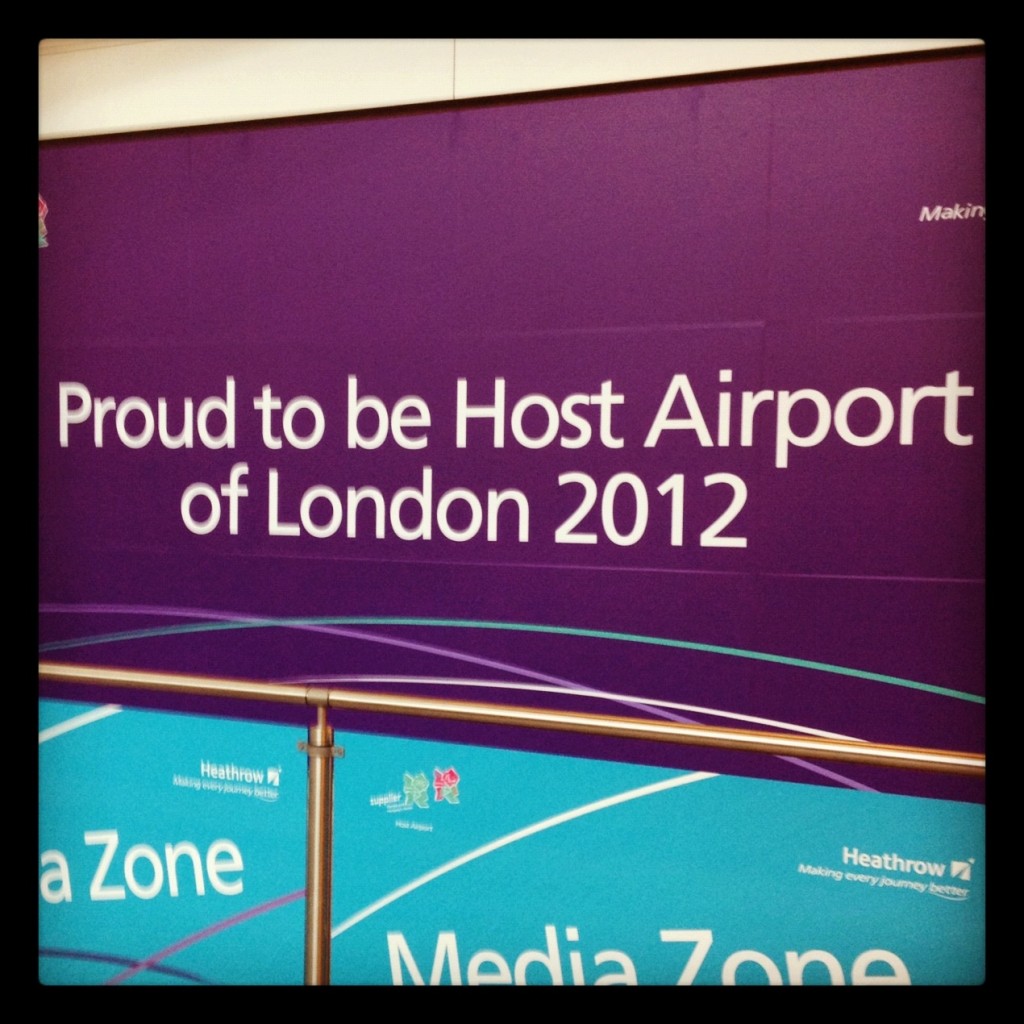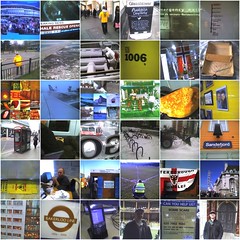It was the last working day of the year and, as it turns out, the last of the decade. So, let’s play the looking backwards game. You know, the one where we all try to find something interesting to say about the last year, or in the case, decade.
It’s not unknown for me to state the obvious, so here goes. This was/is that last working day before Christmas. And for many, including me, it was the last working day of the year. It has also dawned on me that it’s the last working day of the decade. I guess, therefore, that I’ll play the looking backwards game. You know, the one where we all try to find something interesting to say about the last year, or in this case, decade. So, what have I learnt about working in the twenty- first century? Firstly, it isn’t different to my working life at the end of the l st decade/century but I’ll skip that marvellous observation and present the top five things I’ve seen change – or not – in my last ten working years.
Internet Access Is Ubiquitous In The Workplace
I ended the last decade having just left an organisation where you had to have special permission to have online access. Ironically, I was part of the team building their web content. And, although my world view is biased because of the industry I work in, I think access is fairly ubiquitous. Of course that’s lead to the rise of personal blogging, Facebook, instant messaging and shopping in your working day. I do see a trend the opposite way: corporate filters and blockers are in place in more and more organisations to restrict access. Sorry chaps, it’s a losing battle. You should trust your employees more.
Digital Connectivity Hasn’t Cut Travel
I’ve spent a decade in industries supposedly working in ‘new’ media with organisations you would hope would embrace virtual conferencing to reduce the carbon footprint of their employees. It simply wasn’t the case because the need to actually sit face-to-face with prospects – for them to shake your hand and know if they can trust a word that you’re saying – remains. It’s only the economic climate that’s cut travel budgets but I don’t believe it has cut the need. In fact, digital connectivity may have facilitated more travel because you can be connected everywhere so why not send somebody off to cement the deal?
Business Travel Still Sucks
Business travel has an air of glamour. Lunch in Amsterdam, dinner in Milan sounds fun. How wonderful it could be. Generally, it isn’t. Unless you’re the boss, you’re on cheap tickets at the last minute with early starts and late finishes. Fly in, taxi to an office, meeting, taxi to airport and home by midnight to do it all again tomorrow. It’s generally bad for your sleep patterns, bad for a social life and it’s really, really bad for your waistline. In the last ten years the relative reduction in the cost of flying has meant business meetings abroad are really more affordable than they were. But, as long as you know it sucks, then it’s still a great deal of fun. I’ve been lucky enough to travel to a lot of places over the last ten years that I probably wouldn’t have gone to if my boss hadn’t sent me. And I would not have changed that opportunity for anything. I’ve eaten cuisines of the world and seen – albeit often from a taxi window – many amazing places. It may be unpleasant but it’s unpleasantness worth enduring.
Constant Connections Means No Off Time
This is one that I think most employees find themselves powerless to fight. Now that the last ten years have connected us, we’re always connected and so we’re always at work. Wasn’t the digital future meant to give us all more leisure time? But now, we’re answering emails when we get home and on the train heading into the office in the morning. We can answer calls from the boss while waiting in the doctor’s surgery and speak to an overseas office while sat in the pub (I don’t recommend that). Digital connections and a mobile infrastructure mean we have an expectation of immediacy and I, for one, remain to be convinced that it’s a good thing.
Companies Haven’t Embraced Remote Working Opportunities
I’ve established that the last ten years has connected us and thus allowed us to work all the time from anywhere. But I think employers as a whole – large and small – are failing to embrace remote working. There are many jobs – and I know it’s a long way from being all jobs – that are not so time sensitive that the 9-to-5 has to apply. There are few jobs that need to be done in the same office in those hours. But organisations – or maybe it’s the boss – fail to embrace the flexibility this could offer them. With many of the companies I have worked with (rather than for) I hear tales of how working from home is frowned upon and the thought of working from a holiday villa for a week is a no go zone. Now, I believe workplace culture is important because employees need to belong and interact with colleagues. But, we don’t need to be there all the time and we can work from 7-3 or 12-8 and be just as productive. We can work from our houses, a friend’s house, the local coffee shop and, in some cases, at 35,000 feet above the planet and still reply to your email. Remember, it’s results that count.
And so, that’s my random five observations. I could have noted how tools like Twitter are changing the way we interact with customer or how they’re replacing industry-centric publications by connecting you directly to people. I could have noted how smart phones mean office workers aren’t carrying laptops quite so much but you still see far too many laptop bags on those overcrowded commuting trains (why haven’t we solved that dilemma?).
If I am lucky enough to remain employed for the next ten years, I wonder what changes will appear? I suspect that the idea of remote working will be embraced by more and more offices where there are huge overheads in central office space that could be removed if people spend part of their time working remotely. I know it doesn’t apply to everybody but I suspect increasing broadband penetration and cloud computing means it’s becoming more and more feasible. I’m looking forward to the next decade. In technology terms, I really believe it will be the decade of the cloud.




























































































































































 I didn’t mention this before but I am rather pleased with myself for having given up alcohol for the whole of January. I don’t want you to think I’ve been craving drink or anything like that, but I decided it would be good for me after the all the alcohol you tend to consume over Christmas.
I didn’t mention this before but I am rather pleased with myself for having given up alcohol for the whole of January. I don’t want you to think I’ve been craving drink or anything like that, but I decided it would be good for me after the all the alcohol you tend to consume over Christmas.